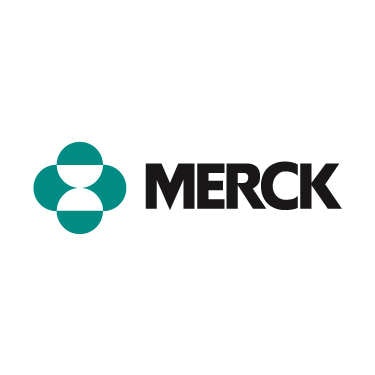Investing in the health care sector isn’t easy. Where do you start out? From medical device companies to big pharma to small biotech firms bristling with boom-or-bust prospects, it’s tough for investors new to this sector to understand the intricacies unique to health care. Fortunately, there’s an easy place to look for blue-chip, tried-and-true stocks: the Dow Jones Industrial Average .
Four big-time health care stocks call the Dow home, but which one is the best pick for your money? In this five-part series, we’ll take an in-depth look into why each health care stock on the Dow is worth investing in — and in the final installment, we’ll select a winner. Yesterday we took a look at the present and future of big pharma giant Pfizer Inc. (NYSE:PFE); today, let’s check out one of its biggest rivals: Merck & Co., Inc. (NYSE:MRK).

Merck’s recent gains aren’t enough to raise eyebrows, but the stock’s still pleased investors lately. In the past 52 weeks, shares of the big pharma have gained more than 15%. However, things haven’t been so easy in the shorter term: The last three months have seen Merck lose 2.8% as the company struggles with patent expirations and their hit on revenue.
For income investors, however, Merck & Co., Inc. (NYSE:MRK)’s at the top of its game. The company offers a 4% dividend yield, tops among the health care stocks of the Dow and one of the highest-yielding stocks on the index overall. A payout ratio of 78% makes that high yield a pricey endeavor, however.
Growth investors will need to see more, however — particularly as Merck struggles to combat falling sales due to the patent cliff.
The present state of Merck’s drug portfolio
The loss of patent exclusivity on top-selling allergy and asthma blockbuster Singulair has undoubtedly hurt Merck’s pharmaceutical revenue. The drug’s still the company’s second-best-selling therapy, but sales plummeted 30% in 2012 due to generic competition. Merck & Co., Inc. (NYSE:MRK)’s going to have to kick its other medications into high gear in order to make up the more than $1.6 billion in lost sales.
Fortunately, some of Merck’s others therapies are picking up the slack. HPV vaccine Gardasil has come on strong in recent years, posting a nearly 35% gain in 2012 after hitting blockbuster status a year earlier. With Gardasil’s patent exclusivity lasting way down the road until 2028 — and an increasing public awareness about the dangers of HPV recently — count on this vaccine to remain a staple of Merck’s pharmaceutical revenue for years to come.
Merck’s already-on-the-market drug of the future, however, is the Januvia and Janumet family of diabetes therapies. These drugs are already a foundation of Merck’s success, with a combined $5.7 billion in 2012 sales; however, there’s room for even more growth. Don’t expect the diabetes market to slow down any time soon with obesity rates rising across the world. The drug family saw much of its 23% growth last year in the U.S. and Japan, and if Merck can expand that success elsewhere — particularly in emerging markets, no stranger to climbing obesity rates — Januvia and Janumet could make investors forget all about Singulair.




